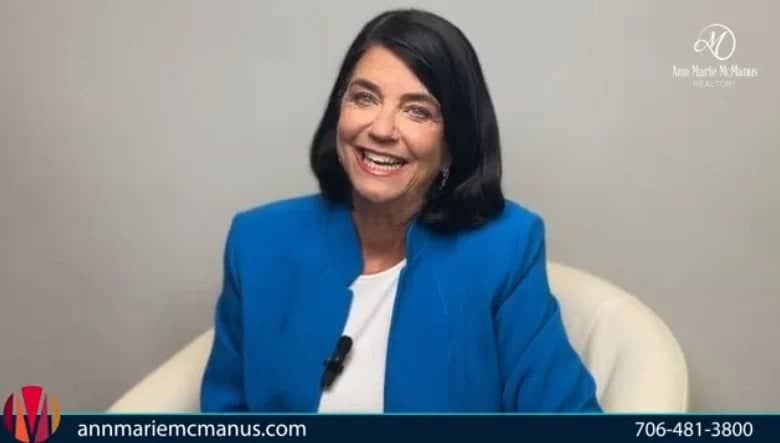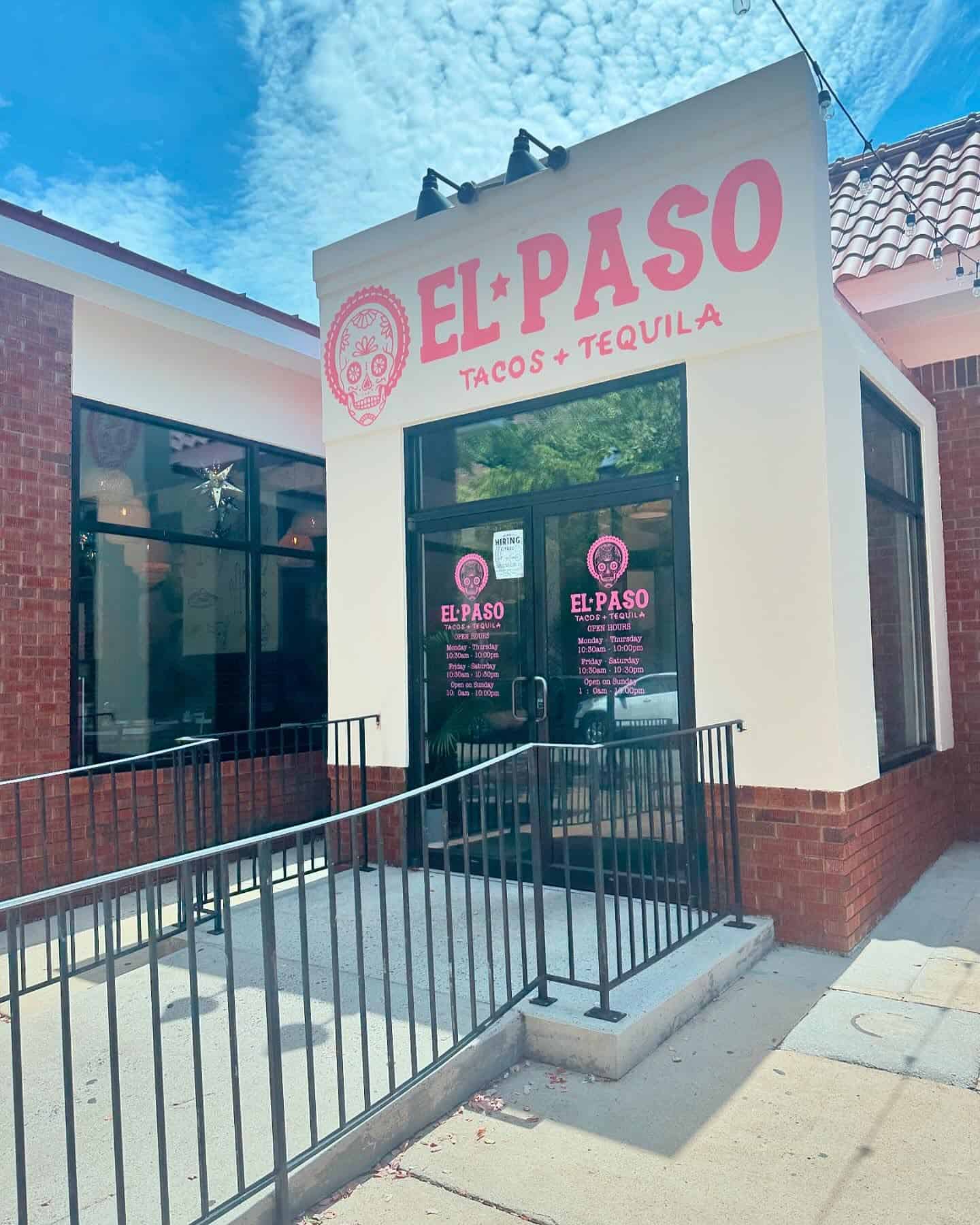A joint Georgia Legislative committee has wrapped up a series of meetings on dual enrollment opportunities in Georgia.
Chaired by state Representative, Matt Dubnik (R-Gainesville) and State Senator, Matt Brass (R-Newnan), the commission was created during the 2023 legislative session with the passage of Senate Resolution 175 (www.legis.ga.gov/legislation/64645). It is tasked with looking for solutions that could expand “dual enrollment for highly skilled talent at younger ages.”
Dual enrollment is a pathway for students in high school to jumpstart their post-secondary education, generally at one of Georgia’s technical colleges.
Currently, under HB 444 in 2020, dual enrollment targets high school juniors and seniors who are allowed to take core and career and technology education (CTE) courses. High school sophomores can also participate, but are limited to CTE courses. Prior to 2020, freshmen were also eligible to participate, but HB 444 ended that.
Janae Williams, a senior at Hephzibah High School, is currently also attending Augusta Technical College, studying criminal justice and criminal justice corrections.
“I came to the high school during the summer and I talked with my counselor and I told her that I wanted to focus more on college since I had already had most of my credits for high school, and she helped me get enrolled into it,” she said. “It’s great because that means next year, I’ll be able to have my associate degree in criminal justice, the intro part, if I pass the class.”
Her counselor, Cartillia Young, knew Williams was a good fit for dual enrollment.

“She’s a very well-rounded student. She is intentional about the things that she does,” Young said. “She came in and said, ‘Hey, I’m almost finished, so I want to do this dual enrollment.”
Young said the first step was to determine what Williams wanted to pursue.
“It’s not just the technical college, they have diplomas, degrees, they have varying levels of courses out there. And it runs the gamut,” she said. “That’s the difference between being able to get in there and get what you need and get out into the workforce.”

“I want to be a sexual assault counselor, work with sexual assault children. Those are the cases that I want to work with because a lot of it is overlooked and you have that culture of good cops,” she explained.
Charlie Tudor, Advanced Studies Program administrator for the Richmond County School System, oversees the district’s dual enrollment program. He said they partner with higher education institutions including Augusta Tech, Augusta University, and Georgia Military College.
“Predominantly, our juniors and seniors, the ones who want to enroll in those classes, and they meet certain criteria created by the institution, we fully support them,” he said. “A lot of those classes are core classes, or sometimes they can be specialty classes based on their self-interest, which helps them create an individualized learning plan for themselves as they finish up their high school requirements and step into that college life while they’re still at home and still have support systems with us in the building if they run into some issues as well as the supports at home.”
Tudor said an expansion of access to dual enrollment could be particularly helpful for students in smaller communities and rural areas. He said Richmond County is already engaging with students down through middle school with the district’s career pathways education.
“We, through our CTE department here in the school system, offer exploratory courses and opportunities for our middle school students. And that looks a little different at every middle school, but for sure, with information technology, computer science, coding, some of those trends that are so prevalent here in Augusta,” he said. “So, they get sort of a taste of some of those CTA pathways in addition to other career exploratory classes.
Tudor gives credit to the district’s business partners including Augusta University, the Medical College of Georgia, and Georgia Power that provide the exploratory classes.
During its series of meetings, the joint legislative commission heard from representatives for large businesses, the University System of Georgia, and the Georgia Department of Economic Development.
Members of the commission will spend the next few months reviewing the testimony to determine whether changes need to be made to the state’s dual enrollment program. It is possible the commission will make recommendations for the 2024 legislative session.










